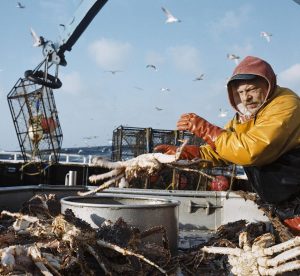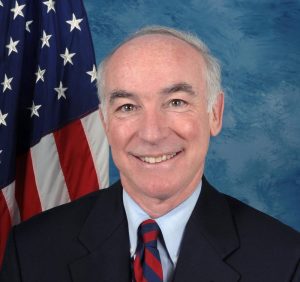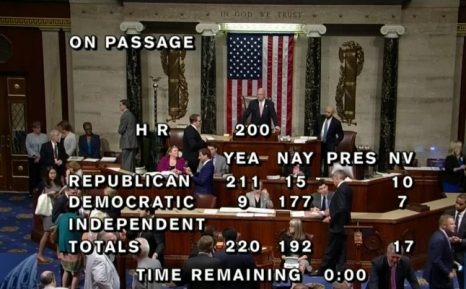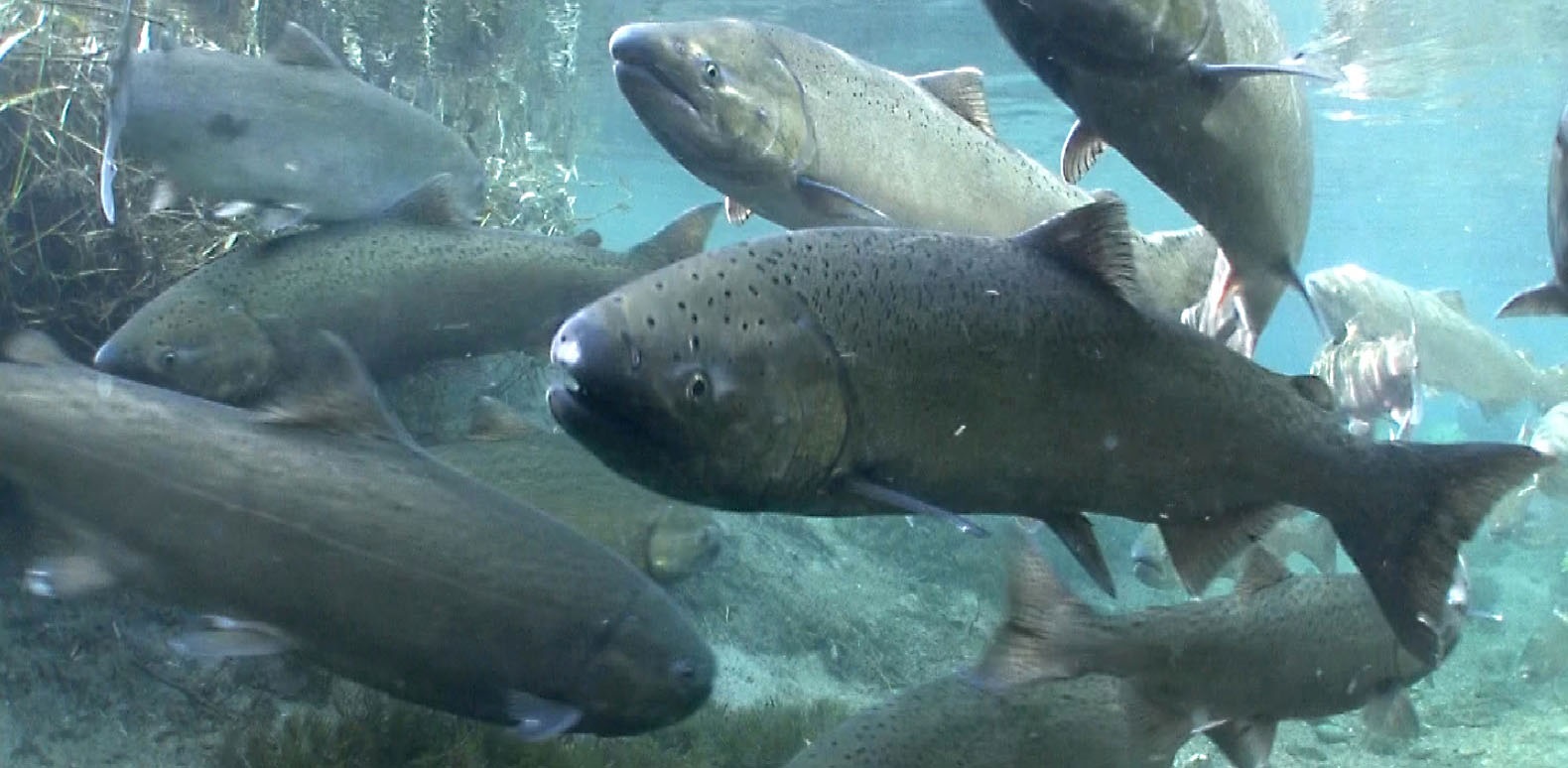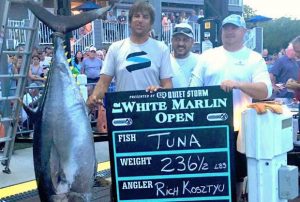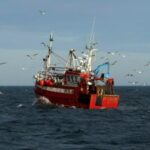Tag Archives: HR 200
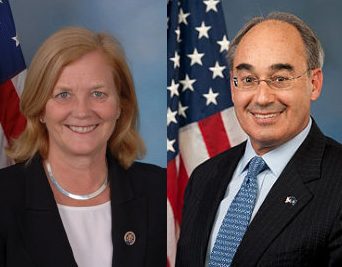
Reps. Poliquin and Pingree co-sponsor amendment to HR-200
In an effort to cut unnecessary federal fees for lobstermen, dealers and processors, Congressman Bruce Poliquin (R-2nd Dist.) and Congresswoman Chellie Pingree (D-1st Dist.) joined forces across the political aisle to amend a fisheries bill that is currently before the U.S. Senate. The bill, H.R. 200 – Strengthening Fishing Communities and Increasing Flexibility in Fisheries Management Act, passed the U.S. House 222-193 on July 11. The amendment, offered by Poliquin and co-sponsored by Pingree, directs NOAA to conduct a study of all fees imposed on all sectors of the lobster industry. >click to read<14:03
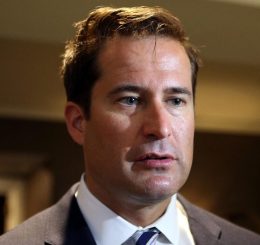
Dear Congressman Moulton, about that Bill? HR-200?
I have been a supporter of yours from day one. I donated money, made your signs, found sign locations, even had my family and some of my friends support you. And they did! I was surprised and disappointed to find out through our, yours and my local newspaper, that you had voted against Congressman Don Youngs Bill, HR – 200. As you know Seth, I have informed you of the issues our fisherman are facing such as untrusted and sometimes disputed science used by NOAA, the North East Canyon and Seamounts National Marine Monument off Cape Cod that our fishing boats depended on for whiting fishing, as fishermen from other ports are also shut out from their fisheries. Congressman, it seems as though you are not actually listening to your constituents. Sam Parisi >click to read<16:57
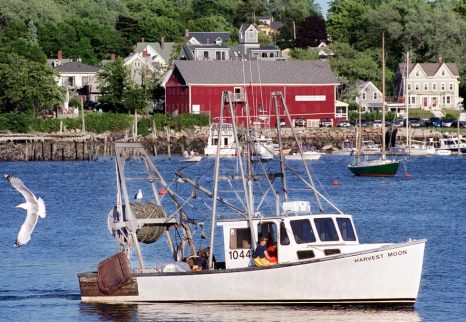
HR-200 – Gloucester fishermen ‘desperate’ for federal bill to ease catch limits
A bill passed by the U.S. House of Representatives earlier this week is being cheered by fishermen in Gloucester who are hoping for a lifeline for the struggling industry. “It’s desperate. We are in a desperate situation. We need a change,” said Angela Sanfilippo, president of the Gloucester Fishermen’s Wives Association. “It’s a good start.” The new law would allow more flexibility for fish populations to be rebuilt, and give more authority to the regional fishery management councils, which may be more in touch with the local industry.,,, Fishermen in Gloucester say the industry is in danger of disappearing without changes. “We’re down to about 60 fishermen, and every day it gets worse,” Sam Parisi said. >click to read<13:14
House of Representatives – Debate and Passage of HR-200
July 11, 2018 House Session The House meets with debate scheduled on a fisheries management bill sponsored by Rep. Don Young of Alaska. >click to watch<20:52
House votes to overhaul fishery management law – “I’m proud to say that my bill protects our commercial and recreational fisheries’ interests and allow councils to do their jobs in a more streamlined and effective manner,” Rep. Don Young (R-Alaska), the bill’s sponsor, said on the House floor. >click to read<21:41

Dear Senator Warren
Dear Senator Warren , As a retired commercial fisherman, and your constituent, I am trying to help those fishermen that still exist. I want to out line our problems, as I see them. A. The science used by NOAA decides our future. Under the current law NOAA does not have to compare or look at other scientific data. They “own” the term “best available science” exclusively, excluding better data collected by non government entities, including collaborative science between industry and academia! This is wrong. This needs to be changed, and the only way is to have some wording in The Magnusson Act to that effect. By supporting HR-200, you can right this wrong. B. Saltonstall-Kennedy Act,,, >click to read<18:57

Sign This Petition – MAKE COMMERCIAL FISHING GREAT AGAIN
1-Millions of jobs depend on reforming the Magnuson-Stevenson Act by passing HR 200. 2-Repeal Marine Monuments on our fishing grounds. 3-Say NO to wind turbines on our sacred fishing grounds. 4- Do all federal trawl surveys on industry boats and support increased cooperative research. 5- Restore all of the Saltonstall Kennedy money to the fishing industry>click to read, sign this petition<10:23

Proposed Magnuson Stevens changes are reasonable – Support HR-200
“Things bad begun make strong themselves by ill” Macbeth,Act III, Scene II I am wondering how much commercial fishermen know about acting? At a guess I’d say probably as much, or as little, as most actors know about commercial fishing, even award winning ones. This thought arose following the recent appearance in these pages of an opinion piece>click to read Rep Keating, defend the Magnuson Act< on fishery management by a member of the acting profession in an attempt to wield political influence. The thespian in question is also an Ocean board member, a well funded environmental group antithetical to America’s oldest industry. By Don Cuddy, >click to read< 19:35
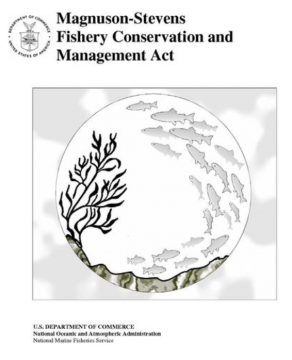
HR 200 – 24 Fishing Groups from Around the Nation Call for Magnuson-Stevens Act Reforms
Twenty-four members of Saving Seafood’s National Coalition for Fishing Communities (NCFC) are calling on Congress to enact broad reforms to the Magnuson-Stevens Act (MSA), including allowing for greater flexibility in how stocks are rebuilt and changes to how new management programs are implemented. The proposals, delivered in a letter to Alaska Senator Dan Sullivan, would, according to the signers, lead to a reauthorization that “allows for both sustainable fisheries management, and the long-term preservation of our nation’s fishing communities.” >click to read< 13:22 






